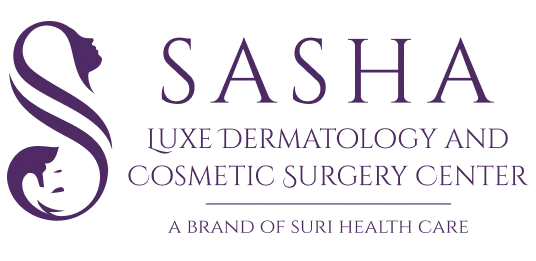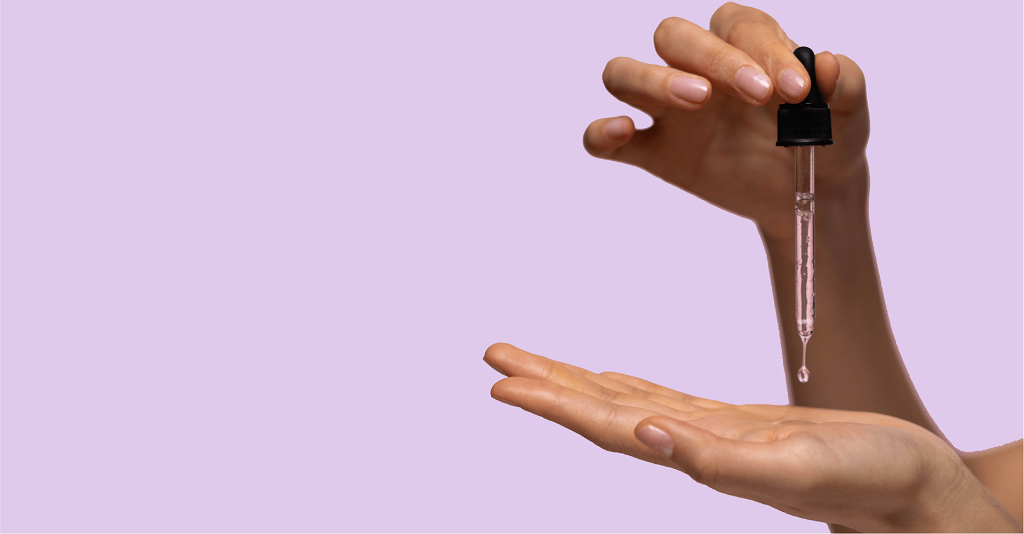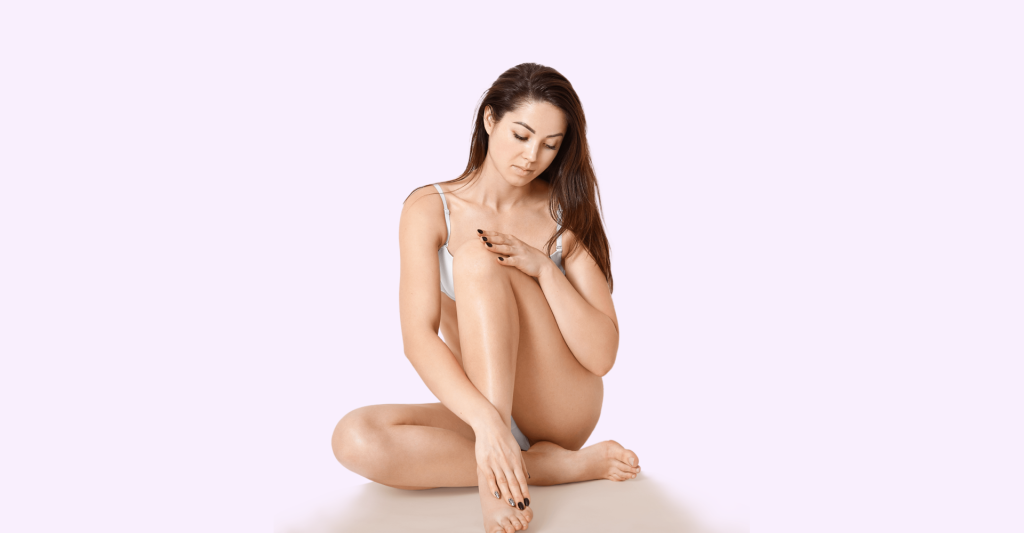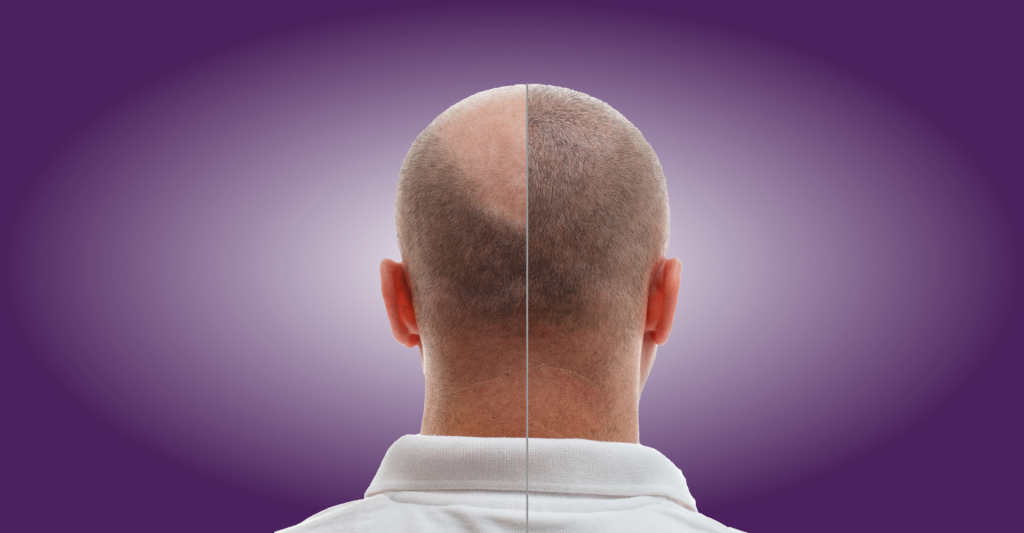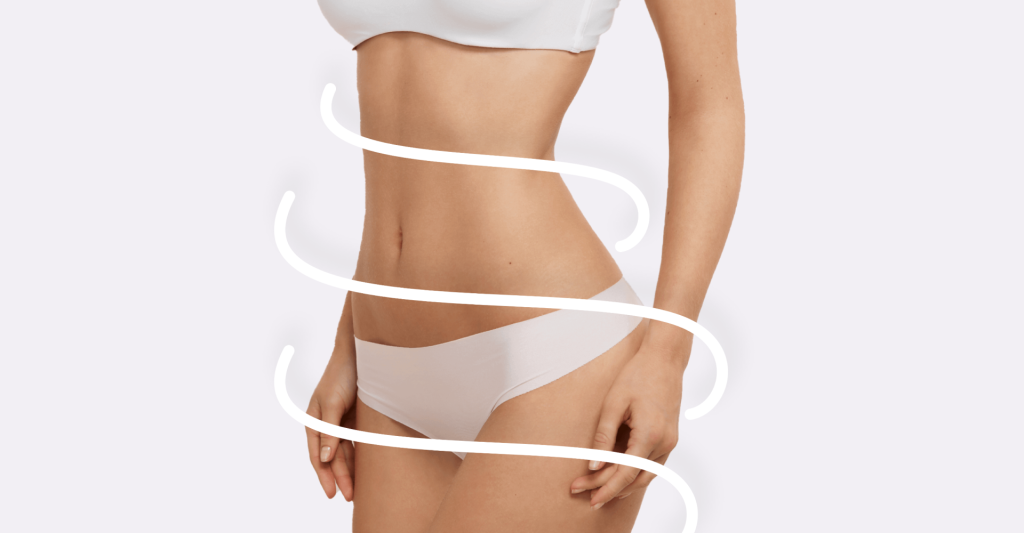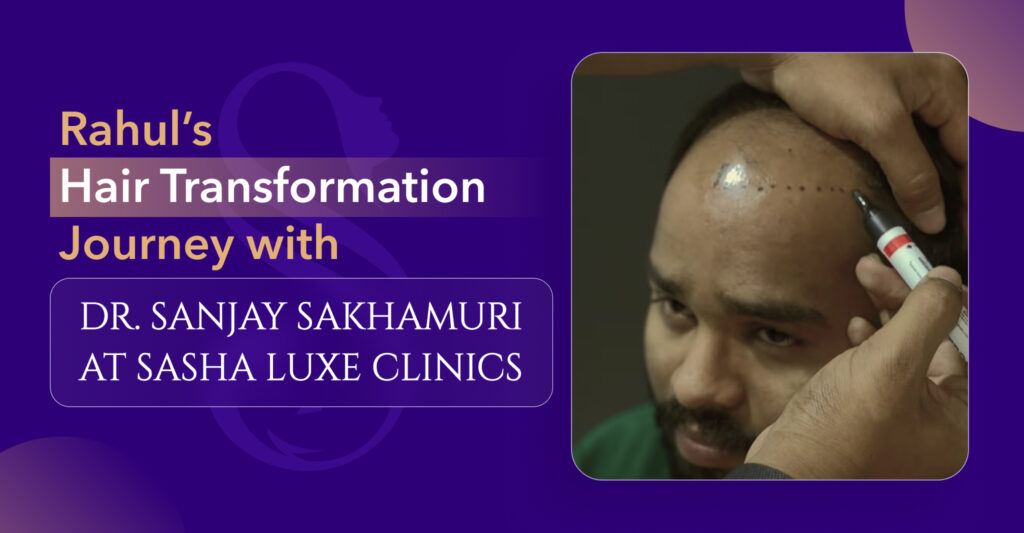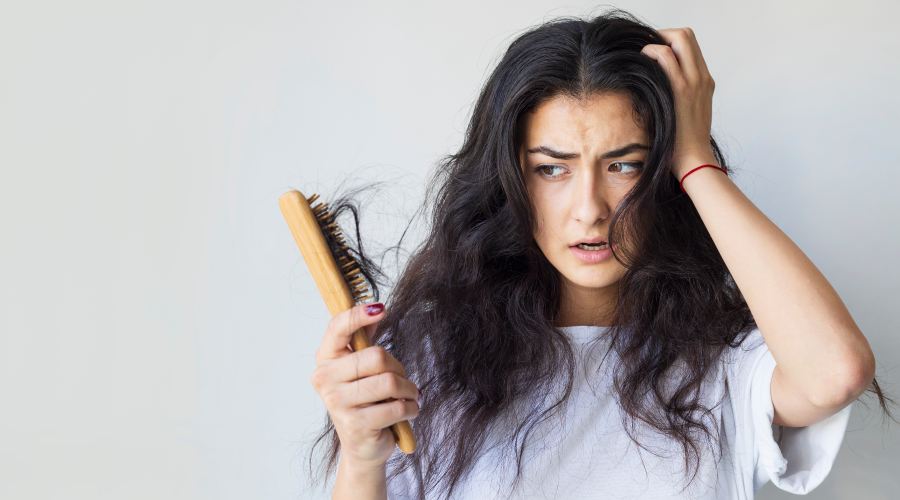Retinol is a naturally produced vitamin A derivative widely used in anti-aging products. However, it may also be beneficial in treating acne and reducing the visibility of acne scars.
But how exactly does it work? Are there any negative effects, and how frequently should you use it to achieve clearer, smoother skin?
In this blog, we’ll try to answer those queries while recommending retinol products suitable for acne-prone skin.
What exactly are acne scars?
Acne scars are permanent textural changes and indentations on the skin due to severe acne. However, it should be noted that the term “scarring” refers to permanent marks rather than the transitory red and brown traces left after acne has healed. Because these markings are permanent, they frequently necessitate medical attention. These scars grow when acne cysts, which are huge, pus-filled pockets, irreversibly kill skin tissue. When the cyst ruptures and the area heals, it may leave a severe scar on the face. Scarring on the chest and back can be lumpy, known as “hypertrophic” or “keloid” scarring.
What Are the Different Types of Acne Scars?
Medical specialists typically classify acne scars into two types:
Hypertrophic scars:
Hypertrophic scars are elevated or lumpy scars that form on the chest and back as acne heals. Excess collagen during healing causes these scars to protrude above the surface of the surrounding skin.
Atrophic scars:
Scars with atrophied Atrophic scars, or depressed scars, are most commonly found on the face. Unlike hypertrophic scars, these acne scars are located beneath the surrounding skin. They occur when there is insufficient collagen production when the wound is healing.
They are further subdivided into three types:
- Boxcar: These are scars that are wide, U-shaped (shallow or deep), and have sharp edges. Shallower scars will respond better to skin resurfacing procedures.
- Pick an ice cube: These scars are narrow, V-shaped markings that frequently penetrate the skin deeply. According to experts, These scars are the hardest to cure because they can extend well into the skin’s surface.
- Rolling: These scars are commonly described as large depressions with rounded borders and an uneven, rolling appearance.
Retinol treatment for acne scars:
Retinol functions in several ways. Retinol exfoliates the skin’s outermost layer to remove debris, dead cells, and oil from pores. This can aid in the prevention of pimples. Like many other acne treatments, Retinol works by getting under your skin. Tiny chemicals penetrate the middle layer of your skin (dermis) and encourage collagen and elastin formation. Over time, these chemicals diminish the appearance of pores and acne scarring.
How to Apply Retinol to Acne?
Retinoids for scars: When experimenting with retinol products, it is critical to follow the product directions and begin using it gradually until you know how your skin reacts to it. It may produce some initial redness or irritation while your skin adjusts to the retinol. Begin by incorporating the product into your skincare routine once a week at first. You can use it more frequently if you don’t detect any negative effects. To limit the risk of irritation, wash your skin first and then wait around 30 minutes before applying the retinol therapy.
How to use retinol for acne?
Retinol is best used at night because it can make your skin more sensitive to the sun. When you go outside, wear sunscreen to protect your face. It’s important to note that you don’t have to take retinol daily for it to work. Even two to three times a week may be enough. The most important thing to remember about retinol is to utilize it regularly. Even if you use it a few times a week, try to use it on the same days or after a certain number of nights.
To limit the risk of irritation, wash your skin first and then wait around 30 minutes before applying the retinol therapy. Retinol is best used at night because it can make your skin more sensitive to the sun. When you go outside, wear sunscreen to protect your face. It’s important to note that you don’t have to take retinol daily for it to work. Even two to three times a week may be enough.
Retinol can be used to treat a variety of skin disorders in addition to acne, including:
- Wrinkles and fine lines
- Sun damage causes uneven or lackluster skin tone
- Melasma
- Hyperpigmentation
- Large pores
- Greasy skin
Remember that to reap the benefits of retinol, you must utilize it consistently and over time. Try not to be discouraged if you do not notice immediate results. The results can take up to two to three months to appear.
Take away!
Retinol is a well-known anti-aging component in creams, gels, and serums. Many individuals are unaware that it can also be used to cure acne and acne scarring. It unclogs pores, smoothes scars, and improves tone and texture by working on the skin’s surface and middle layers. If you’re considering taking retinol for the first time, remember that it can induce adverse effects, including discomfort. These unfavorable effects usually fade away after a few weeks of use. To learn more about taking retinol for acne, consult our dermatologist at Sasha Luxe. Our expert provides the best acne treatment in Hyderabad.
